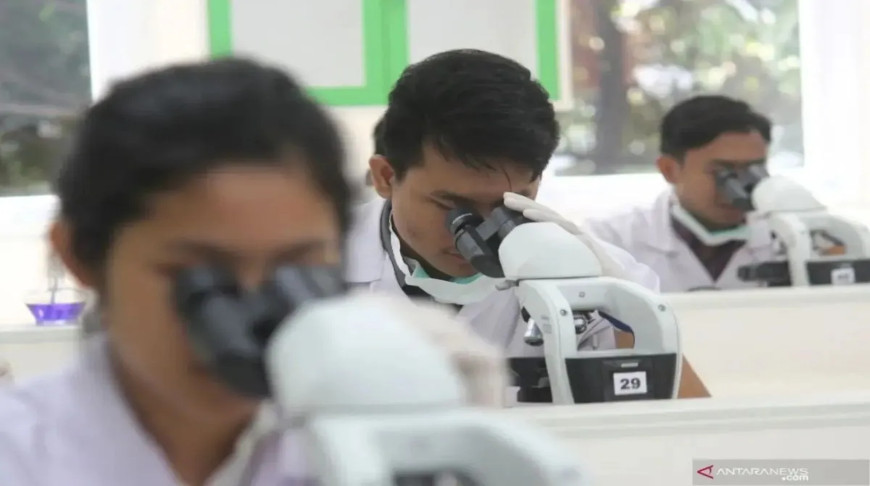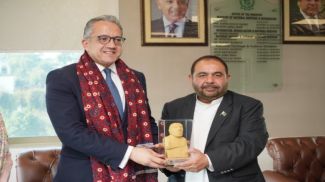
JAKARTA, 15 September (BelTA - ANTARA) - The Indonesian government has
outlined four strategies to strengthen universities’ role in national
development, stressing that higher education must deliver tangible
benefits for society.
Deputy Minister for Higher Education, Science, and Technology Fauzan said that the strategies include improving governance, leadership, and talent development; advancing academic transformation and curriculum digitalization; sustaining innovation and research ecosystems; and expanding collaboration among government, academia, industry, the public, and the media.
He emphasized that research should not stop at the prototype stage but must be developed into real solutions that people can use.
He also referred to President Prabowo Subianto's eight national missions, or Asta Cita, which position science and talent as the foundation for self-sufficiency.
Fauzan said higher education is key to producing innovative talents who are ready to meet global challenges.
To achieve this, the ministry has introduced policies to make higher education more inclusive and adaptive, with a focus on solving real-world problems.
Fauzan expressed hope for stronger interinstitutional collaboration to build a resilient higher education ecosystem that can drive national progress and help realize the vision of a Golden Indonesia by 2045.
"Let's create governance that promotes de-elitization and prioritizes benefits," he said.
Deputy Minister for Higher Education, Science, and Technology Fauzan said that the strategies include improving governance, leadership, and talent development; advancing academic transformation and curriculum digitalization; sustaining innovation and research ecosystems; and expanding collaboration among government, academia, industry, the public, and the media.
He emphasized that research should not stop at the prototype stage but must be developed into real solutions that people can use.
He also referred to President Prabowo Subianto's eight national missions, or Asta Cita, which position science and talent as the foundation for self-sufficiency.
Fauzan said higher education is key to producing innovative talents who are ready to meet global challenges.
To achieve this, the ministry has introduced policies to make higher education more inclusive and adaptive, with a focus on solving real-world problems.
Fauzan expressed hope for stronger interinstitutional collaboration to build a resilient higher education ecosystem that can drive national progress and help realize the vision of a Golden Indonesia by 2045.
"Let's create governance that promotes de-elitization and prioritizes benefits," he said.













